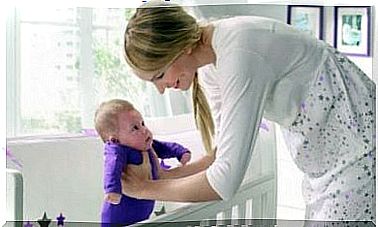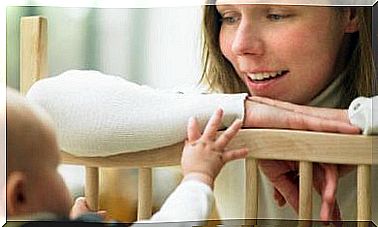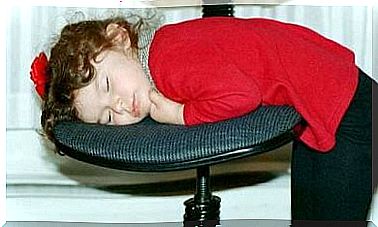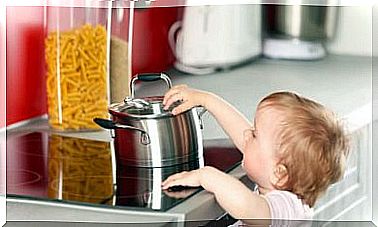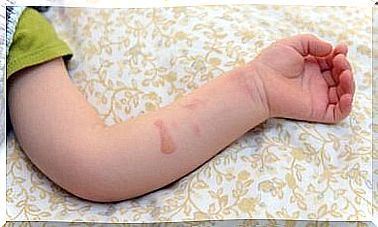Breastfeeding Reduces C-section Pain
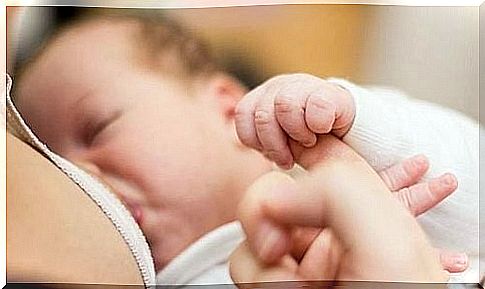
The effects produced by breast milk on the pain of cesarean after delivery are still poorly known.
Statistics reveal that the number of caesarean deliveries is increasing, accounting for approximately 25% of all births that occur in the UK, US and Canada.
At least 1 in 5 mothers who give birth using this option suffer from chronic pain for more than three months. However, a recent study revealed that breastfeeding can work as an antidote to this pain.
How has breastfeeding been found to reduce the pain of cesarean section?
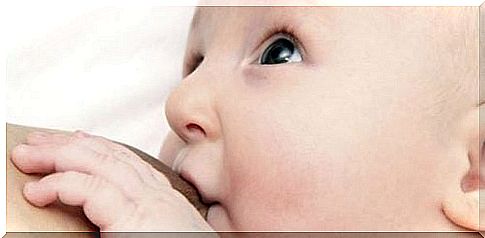
The results were obtained through a research carried out by Dr. Carmen Alicia Vargas Berenjeno and her colleagues at the University Hospital Nuestra Señora de Valme, located in the Spanish city of Seville.
The study included 185 mothers who underwent a cesarean section at this hospital between January 2015 and December 2016.
To establish these results, the authors interviewed mothers about their breastfeeding patterns and level of chronic pain in the first 24 and 72 hours after the cesarean and again four months later.
According to the researchers, 87% of respondents breastfed their babies, but only 58% claimed to have breastfed for two months or more.
The findings also showed that 23% of mothers who breastfed their babies for two months or less experienced chronic pain at the surgical site even four months after the operation.
Data were different for those who practiced breastfeeding for longer. Only 8% of women who breastfed for two months or more reported chronic pain.
Breastfeeding for longer produces less pain from a cesarean
The results show that mothers who breastfeed their babies for at least two months after the operation are three times less likely to experience persistent pain.
On this subject, researcher Carmen Vargas wrote: “These results suggest that breastfeeding for more than two months protects you from chronic pain after a cesarean and that the risk of chronic pain triples if breastfeeding is continued for only two months or less.” .
In addition, the expert team also provided other valid reasons to encourage women to breastfeed.
Based on the data obtained by the researchers, they stated that women with a university education were less likely to have chronic pain than those with a lower educational level.
In addition, 54% of breastfeeding mothers reported that they suffered from anxiety.
It should be noted that although this study was not designed to prove causal relationships, the researchers stated that it is possible that anxiety during breastfeeding may influence the chances of suffering chronic pain.
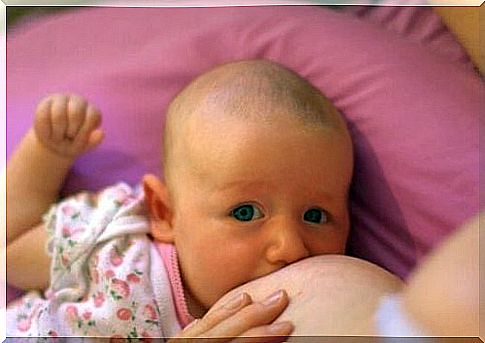
Breastfeeding against endometrial cancer
Australian researchers have also confirmed that breastfeeding promotes maternal health. It protects not only from chronic pain in case of cesarean section, but also from the risk of suffering from endometrial cancer.
Furthermore, another study, this time conducted at the Berghofer QIMR Medical Research Institute in Brisbane, Australia, claims that breastfeeding for six months can reduce the risk of endometrial cancer.
Experts analyzed studies carried out in the United States, Canada, Europe, China and Austria.
In addition, they considered the factors that may influence the risk of developing this cancer, such as age, race, education, use of oral contraceptives, stage of menopause, date of last pregnancy and body mass index.
In this way, scientists found that women who had breastfed had greater protection against this cancer.
“The results are not only relevant for women to decide to breastfeed, but for society to understand the benefits that breastfeeding has over reasonably long periods of time.
Well, as it is not always possible to breastfeed, it does not mean that women who cannot do this will develop cancer”, the researchers stated.

